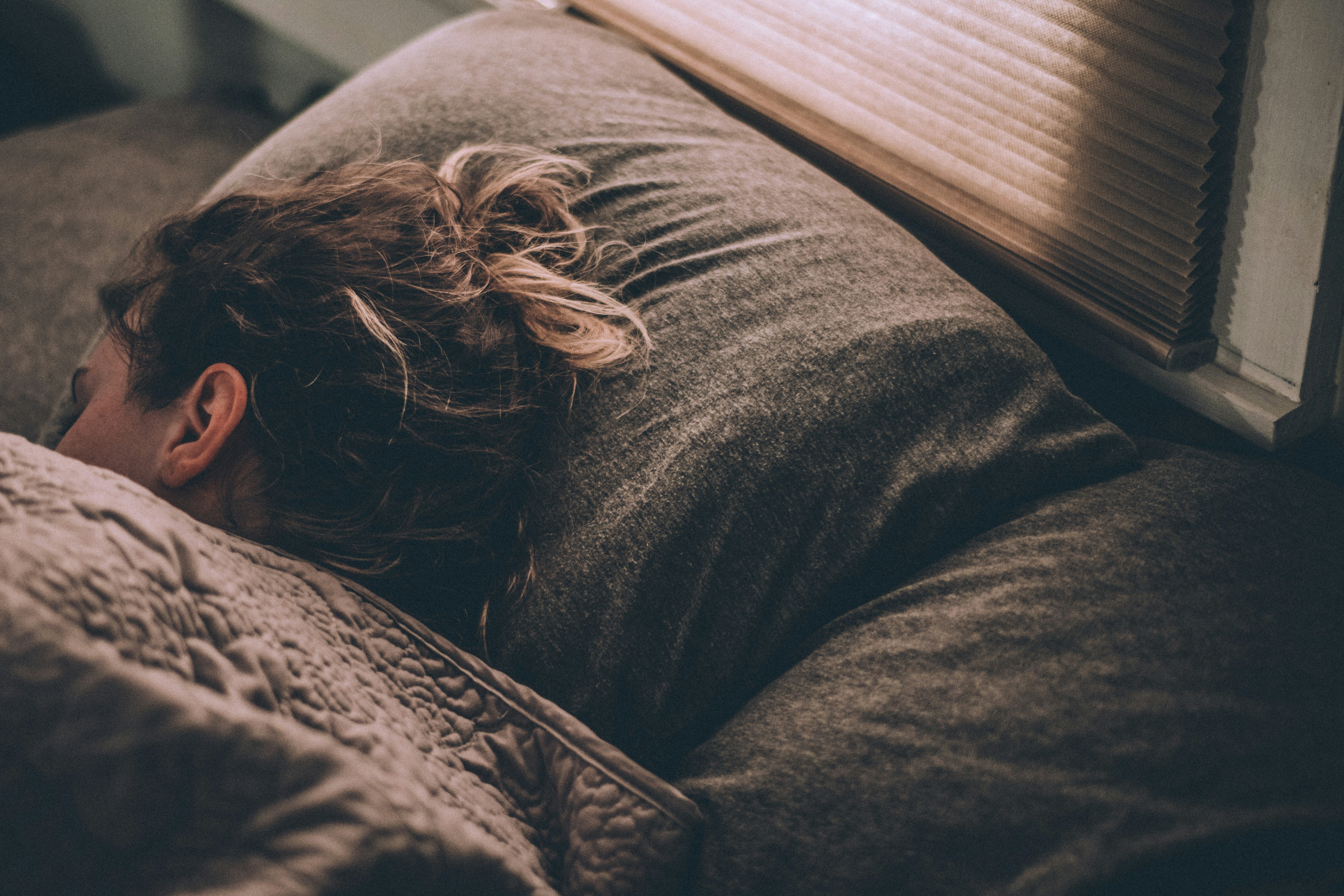



Introduction
In today's hyperconnected world, social media has become an integral part of our lives. Platforms like Facebook, Instagram, Twitter, and TikTok offer endless opportunities for connection and creativity. They allow us to stay in touch with friends, follow our favorite celebrities, and share our lives with the world. However, the constant barrage of notifications, updates, and the pressure to present a perfect life can take a toll on our mental health. Let's explore the mental health impact of social media and how to navigate the digital landscape while maintaining a healthy mind.
The Double-Edged Sword of Social Media
Social media is a double-edged sword. On one hand, it connects us with loved ones and keeps us informed about the world. On the other hand, it can lead to mental health challenges if not used mindfully. Understanding its impact is the first step towards finding a healthy balance.
The Impact on Mental Health
Anxiety and Depression
Social media can amplify feelings of anxiety and depression. The pressure to keep up with others' seemingly perfect lives can lead to feelings of inadequacy and low self-esteem. According to a study published in the Journal of Social and Clinical Psychology, reducing social media use can significantly decrease symptoms of anxiety and depression.
Sleep Disruption
The blue light emitted by screens can interfere with our natural sleep patterns. Scrolling through feeds before bed can make it harder to fall asleep, leading to sleep deprivation, which is closely linked to mood disorders.
Fear of Missing Out (FOMO)
The fear of missing out on events, experiences, and social interactions is exacerbated by social media. This can lead to constant checking and rechecking of social media feeds, creating a vicious cycle of addiction and anxiety.
Cyberbullying and Harassment
Online platforms can be breeding grounds for bullying and harassment, which can have severe consequences for mental health. Victims of cyberbullying often experience increased anxiety, depression, and in severe cases, suicidal thoughts.
Practical Tips for Managing Social Media Stress
Set Boundaries
Limiting screen time can help reduce stress. Use apps that track and limit your time on social media, and set specific times of the day to check your accounts.
Curate Your Feed
Unfollow accounts that make you feel negative about yourself and follow those that inspire and uplift you. Surrounding yourself with positive content can significantly improve your mood.
Practice Mindfulness
Being mindful of your social media use means recognizing when it’s making you feel anxious or down. Taking breaks and practicing mindfulness techniques like deep breathing can help you stay grounded.
Engage in Real-Life Activities
Balance your online life with offline activities. Spend time with friends and family, pursue hobbies, and engage in physical exercise. These activities can provide a much-needed break from the digital world.
Seek Professional Help
If social media is severely impacting your mental health, don’t hesitate to seek help from a mental health professional. Therapy can provide strategies to cope with anxiety and depression related to social media use.
Final Thoughts
While social media has its benefits, it's crucial to be aware of its impact on mental health. By setting boundaries, curating a positive feed, practicing mindfulness, and engaging in real-life activities, you can navigate the digital world without compromising your well-being. Remember, it’s all about balance and taking control of your online experience to ensure it enhances your life rather than detracts from it.
FAQs
1. How can social media affect mental health? Social media can lead to anxiety, depression, sleep disruption, and feelings of inadequacy due to constant comparisons and cyberbullying.
2. What are some tips for managing social media stress? Set boundaries, curate your feed, practice mindfulness, engage in offline activities, and seek professional help if needed.
3. Is reducing social media use beneficial for mental health? Yes, studies have shown that reducing social media use can significantly decrease symptoms of anxiety and depression.
4. What is FOMO, and how is it related to social media? FOMO, or the fear of missing out, is the anxiety that others are having more fun or experiencing better things without you. Social media amplifies this feeling by constantly showcasing others' lives.
5. Can professional help aid in managing social media's impact on mental health? Absolutely. Mental health professionals can provide strategies and support to cope with the negative effects of social media.
For more information on maintaining mental health in the digital age, check out these resources or chat with THRYVE:
Introduction
In today's hyperconnected world, social media has become an integral part of our lives. Platforms like Facebook, Instagram, Twitter, and TikTok offer endless opportunities for connection and creativity. They allow us to stay in touch with friends, follow our favorite celebrities, and share our lives with the world. However, the constant barrage of notifications, updates, and the pressure to present a perfect life can take a toll on our mental health. Let's explore the mental health impact of social media and how to navigate the digital landscape while maintaining a healthy mind.
The Double-Edged Sword of Social Media
Social media is a double-edged sword. On one hand, it connects us with loved ones and keeps us informed about the world. On the other hand, it can lead to mental health challenges if not used mindfully. Understanding its impact is the first step towards finding a healthy balance.
The Impact on Mental Health
Anxiety and Depression
Social media can amplify feelings of anxiety and depression. The pressure to keep up with others' seemingly perfect lives can lead to feelings of inadequacy and low self-esteem. According to a study published in the Journal of Social and Clinical Psychology, reducing social media use can significantly decrease symptoms of anxiety and depression.
Sleep Disruption
The blue light emitted by screens can interfere with our natural sleep patterns. Scrolling through feeds before bed can make it harder to fall asleep, leading to sleep deprivation, which is closely linked to mood disorders.
Fear of Missing Out (FOMO)
The fear of missing out on events, experiences, and social interactions is exacerbated by social media. This can lead to constant checking and rechecking of social media feeds, creating a vicious cycle of addiction and anxiety.
Cyberbullying and Harassment
Online platforms can be breeding grounds for bullying and harassment, which can have severe consequences for mental health. Victims of cyberbullying often experience increased anxiety, depression, and in severe cases, suicidal thoughts.
Practical Tips for Managing Social Media Stress
Set Boundaries
Limiting screen time can help reduce stress. Use apps that track and limit your time on social media, and set specific times of the day to check your accounts.
Curate Your Feed
Unfollow accounts that make you feel negative about yourself and follow those that inspire and uplift you. Surrounding yourself with positive content can significantly improve your mood.
Practice Mindfulness
Being mindful of your social media use means recognizing when it’s making you feel anxious or down. Taking breaks and practicing mindfulness techniques like deep breathing can help you stay grounded.
Engage in Real-Life Activities
Balance your online life with offline activities. Spend time with friends and family, pursue hobbies, and engage in physical exercise. These activities can provide a much-needed break from the digital world.
Seek Professional Help
If social media is severely impacting your mental health, don’t hesitate to seek help from a mental health professional. Therapy can provide strategies to cope with anxiety and depression related to social media use.
Final Thoughts
While social media has its benefits, it's crucial to be aware of its impact on mental health. By setting boundaries, curating a positive feed, practicing mindfulness, and engaging in real-life activities, you can navigate the digital world without compromising your well-being. Remember, it’s all about balance and taking control of your online experience to ensure it enhances your life rather than detracts from it.
FAQs
1. How can social media affect mental health? Social media can lead to anxiety, depression, sleep disruption, and feelings of inadequacy due to constant comparisons and cyberbullying.
2. What are some tips for managing social media stress? Set boundaries, curate your feed, practice mindfulness, engage in offline activities, and seek professional help if needed.
3. Is reducing social media use beneficial for mental health? Yes, studies have shown that reducing social media use can significantly decrease symptoms of anxiety and depression.
4. What is FOMO, and how is it related to social media? FOMO, or the fear of missing out, is the anxiety that others are having more fun or experiencing better things without you. Social media amplifies this feeling by constantly showcasing others' lives.
5. Can professional help aid in managing social media's impact on mental health? Absolutely. Mental health professionals can provide strategies and support to cope with the negative effects of social media.
For more information on maintaining mental health in the digital age, check out these resources or chat with THRYVE:




